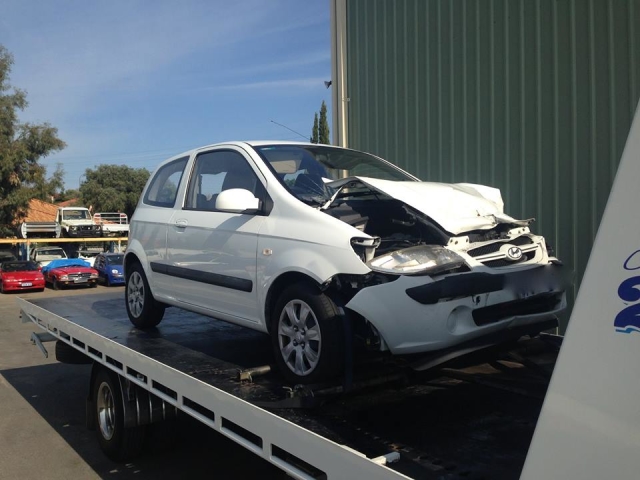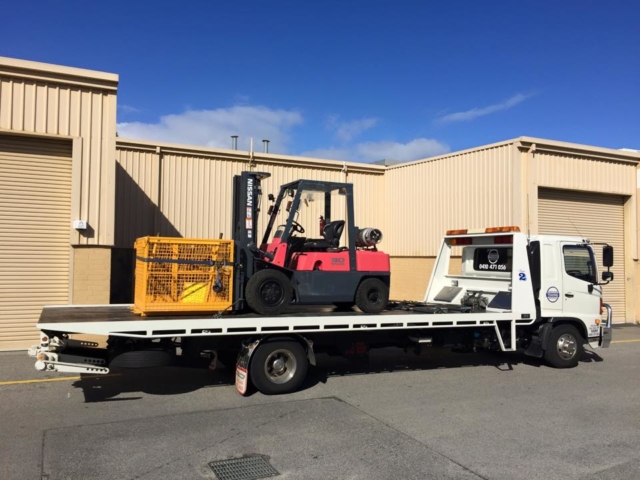Towing is a vital service that helps keep roads clear of stranded vehicles and assists those who experience car trouble. However, it’s not as simple as hooking up a vehicle and driving off. Towing companies and individuals who tow vehicles must adhere to various legal requirements to ensure safety, legality, and proper procedures. Whether you’re a vehicle owner, a tow truck driver, or just interested in the legal side of towing, understanding these regulations is crucial. Here’s a comprehensive guide to what you need to know about the legal requirements for towing.
1. Understanding Towing Laws
Towing regulations vary by region, so it’s essential to familiarize yourself with the laws specific to your area. In general, towing laws cover several key areas:
- Licensing and Certification: Towing operators often need specific licenses and certifications to operate legally. These requirements ensure that tow truck drivers are knowledgeable about towing procedures and safety protocols. For instance, some jurisdictions require tow truck drivers to hold a commercial driver’s license (CDL), while others may require specialized training or certification.
- Insurance Requirements: Towing companies must carry appropriate insurance to cover potential damages or liabilities during towing operations. This typically includes liability insurance, which covers damage to other vehicles or property, and sometimes additional coverage for the vehicle being towed.
- Vehicle Safety Standards: Tow trucks themselves must meet certain safety standards, including regular inspections and maintenance. The equipment used for towing, such as winches, chains, and hooks, must also be in good working condition to ensure safe and effective towing.
2. Procedures for Towing
Following proper procedures is critical to ensuring a legal and safe towing operation. Key procedural aspects include:
- Authorization: Before towing a vehicle, operators generally need authorization from the vehicle owner or relevant authorities. In many cases, this means having written consent from the vehicle owner or a legal reason for the tow, such as a violation of parking regulations.
- Notice Requirements: Some jurisdictions require towing companies to provide notice to vehicle owners before towing. This might involve posting a notice on the vehicle or contacting the owner directly if possible. Additionally, laws may stipulate how quickly a vehicle owner must be notified after their vehicle is towed.
- Towing Signage: If you own a property with a private parking lot, you may need to post clear signage indicating that unauthorized vehicles will be towed. These signs should be easily visible and include information about the towing company and contact details.
3. Handling Disputes and Complaints
Towing disputes can arise for various reasons, such as disagreements about the legality of the tow or damage incurred during the process. Knowing how to handle these disputes legally is important:
- Documentation: Always document the towing process thoroughly. This includes taking photographs of the vehicle before and after towing, keeping records of communication with the vehicle owner, and noting any damage or issues encountered during the tow.
- Claims and Compensation: If a vehicle owner believes their vehicle was towed improperly or suffered damage during towing, they may file a complaint with the towing company or local regulatory authority. Towing companies should have procedures in place for handling such claims and addressing customer concerns.
- Legal Recourse: In cases where disputes cannot be resolved through direct communication or company procedures, vehicle owners and towing companies may need to seek legal recourse. This could involve filing a claim in small claims court or seeking advice from legal professionals. For more articles, information, and resources about the legal requirements for towing, be sure to visit banja luka slep sluzba to learn more.

4. Consumer Protection and Fair Practices
Consumer protection laws aim to ensure fair practices in the towing industry. These laws may address various aspects of towing services, including:
- Pricing Transparency: Towing companies are often required to provide clear and transparent pricing information. This includes disclosing rates for towing, storage fees, and any additional charges. Vehicle owners should be informed of these costs before the tow begins.
- Release of Vehicles: Regulations may dictate how and when a vehicle can be released after towing. For example, towing companies may be required to release a vehicle upon payment of applicable fees or within a certain timeframe.
- Record-Keeping: Towing companies must maintain accurate records of their operations, including details about each tow, fees charged, and vehicle condition. This helps ensure accountability and provides a basis for resolving any disputes.
5. Best Practices for Vehicle Owners
For vehicle owners, being aware of towing laws and best practices can help prevent issues and ensure a smoother experience:
- Know the Rules: Familiarize yourself with local parking regulations and towing laws. This knowledge can help you avoid situations where your vehicle might be towed, such as parking in restricted areas or violating permit requirements.
- Check Your Rights: If your vehicle is towed, know your rights regarding vehicle retrieval and fee payment. Review the towing company’s policies and be aware of any procedures you need to follow to get your vehicle back.
- File Complaints: If you believe your vehicle was towed unlawfully or you encounter issues with the towing company, don’t hesitate to file a complaint with the appropriate regulatory authority or seek legal advice if necessary.
Conclusion
Towing is a crucial service that requires adherence to a range of legal requirements and best practices. Whether you’re a tow truck driver or a vehicle owner, understanding the legal landscape of towing can help ensure that towing operations are conducted safely and fairly. By staying informed about licensing, insurance, procedural requirements, and consumer protection laws, you can navigate the towing process with confidence and avoid potential pitfalls.




